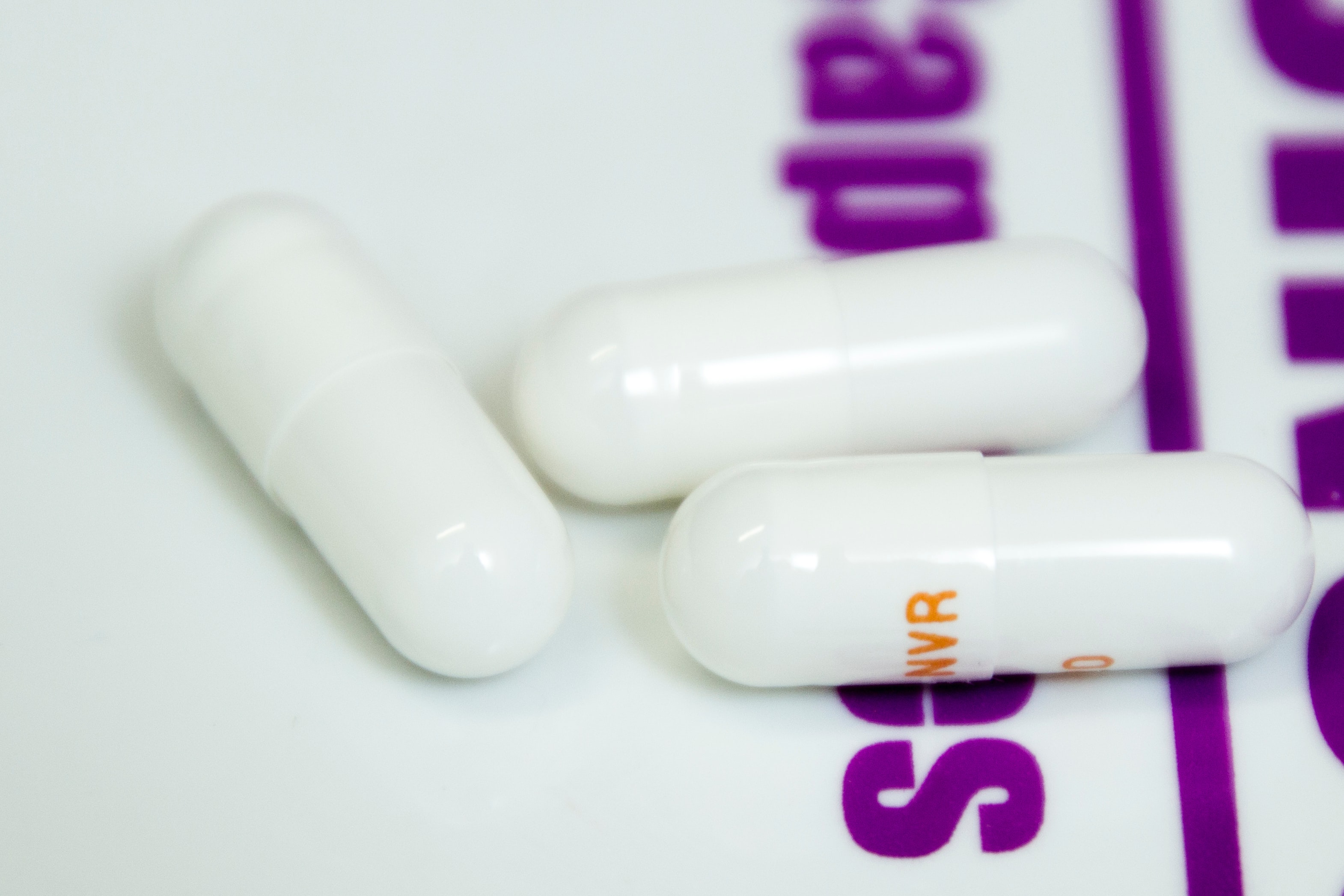Tackling loneliness will also cut healthcare costs
Maastricht researchers argue that urgent measures are needed to tackle loneliness in society. Aside from their mental welfare needs, people who suffer from severe or very severe loneliness incur 40 to 50 percent higher healthcare costs up to a year later compared to people who don’t feel lonely. The difference is greatest among young people aged between 19 and 40. These are the findings of a study by Maastricht University (UM) among nearly 350,000 people in the Netherlands. Extrapolated to the entire Dutch population, the extra healthcare costs total around two billion euros a year. The results of the study were recently published in the International Journal of Public Health.
High-profile
Because of the corona crisis, loneliness has become a high-profile issue. One in ten Dutch people feels severely or very severely lonely and as many as four in ten experience some degree of loneliness. Many mental health professionals are deeply concerned, and with good reason, given the numbers of people affected. What’s more, a recently published study from Maastricht University shows that loneliness also has a negative financial effect on society. Even when the researchers take into account the fact that lonely people tend to lead an unhealthier lifestyle and have poorer physical and mental health, they still incur 30 percent more costs in mental healthcare. Extrapolated to the population as a whole, this amounts to almost 350 million euros a year in mental healthcare expenditure. ‘Our research proves that loneliness is not only a major social and societal problem, but also a significant financial problem,’ says researcher Rachelle Meisters. ‘This is mainly because people who are lonely have poorer physical and mental health, which means they incur higher healthcare costs anyway. But even after the health correction, we see that lonely people incur more costs for GP care and mental healthcare. This means it’s especially important to focus on promoting a healthy lifestyle and good health for people who are lonely.’
Urgency
Since this study was conducted based on pre-COVID-19 data, the scientists expect that by now the problem will be much greater. Although at present it’s possible that healthcare costs are been held down due to the downscaling of regular healthcare, the increasing loneliness in society due to the COVID-19 restrictions could result in considerably higher costs over the coming years – particularly because the research shows that loneliness, especially among young people, plays a major role in the expenses they incur in healthcare. The difference in healthcare expenditure between young people who feel lonely and those who don’t is greater than the difference in expenditure among elderly people (65+) who feel lonely and those who don’t. ‘We see that loneliness, especially among younger people between 19 and 40 years old, is associated with higher healthcare costs,’ says assistant professor Daan Westra. ‘This is concerning in the light of the current measures, which are hitting young people hard. It’s therefore crucial to find ways to help this group within the restrictions and to prevent them from becoming isolated and feeling even more lonely – especially since our research shows that higher healthcare expenditure due to loneliness can persist for an extended period.’
Also read
-
In honour of the presentation of the VNVA Els Borst Prize for her oeuvre, Prof Marlies Bongers is organising the symposium "menstruation in RED on the agenda" on 1 October.
-
In women trying to conceive, 1-3% experience repeated miscarriages. For more than 50% of these women, a cause for the miscarriages has yet to be found. New research from Maastricht University (UM) and the Maastricht University Medical Centre+ (MUMC+) shows that the immune system’s Natural Killer (NK...
-
The European Commission has awarded €23 million to set up a new platform for drug repurposing: the use of existing drugs in diseases other than those for which they were originally developed. In the next seven years UM will develop the platform REPO4EU (precision drug REPurpOsing for Europe)...


